Patients involved in early tests of a Russian coronavirus vaccine developed antibodies with "no serious adverse events", according to research published in The Lancet Friday, but experts said the trials were too small to prove safety and effectiveness.
Russia announced last month that its vaccine, named "Sputnik V" after the Soviet-era satellite that was the first launched into space in 1957, had already received approval.
This raised concerns among Western scientists over a lack of safety data, with some warning that moving too quickly on a vaccine could be dangerous.
Russia denounced criticism as an attempt to undermine Moscow's research.
In the Lancet study, Russian researchers reported on two small trials, each involving 38 healthy adults aged between 18 and 60, who were given a two-part immunization.
Each participant was given a dose of the first part of the vaccine and then given a booster with the second part 21 days later.
They were monitored over 42 days and all developed antibodies within the first three weeks.
The report said the data showed that the vaccine was "safe, well-tolerated, and does not cause serious adverse events in healthy adult volunteers".
The trials were open-label and not randomized, meaning there was no placebo and the participants knew they were receiving the vaccine and were not randomly assigned to different treatment groups.
Researchers underlined that larger and longer trials -- including a placebo comparison -- would be needed to establish the long-term safety and effectiveness of the vaccine for preventing Covid-19 infection.
The report said the 76 participants of these trials would be monitored up to 180 days, adding that a more rigorous phase 3 clinical trial was planned with the involvement of 40,000 volunteers "from different age and risk groups".
"Safety is paramount"
Naor Bar-Zeev of Johns Hopkins Bloomberg School of Public Health, who was not involved in the study, said the research was "encouraging but small", adding that it did not give any data on effectiveness among older age groups, who are particularly vulnerable to Covid-19.
"Showing safety will be crucial with Covid-19 vaccines, not only for vaccine acceptance but also for trust in vaccination broadly," he said in a commentary in the Lancet.
"Since vaccines are given to healthy people and, during the COVID-19 pandemic, potentially to everyone after approval following phase 3 trials, safety is paramount."
The pandemic has seen an unprecedented mobilization of funding and research to rush through a vaccine that can protect billions of people worldwide.
This week the US urged states to get ready for a potential Covid-19 vaccine rollout two days before the presidential election in November, sparking concerns President Donald Trump's administration is accelerating research to fit a political timetable.
Russia has said that industrial production of its version is expected from September.
President Vladimir Putin said in early August that the vaccine gave "sustainable immunity" and that one of his daughters had been inoculated, even though Russia's health ministry said clinical trials were not yet complete.
The World Health Organization has urged Russia to follow established guidelines and go "through all the stages" necessary to develop a safe vaccine.
Sputnik V was developed by the Gamaleya research institute for epidemiology and microbiology in Moscow in coordination with the Russian defense ministry.
It uses a cold-causing adenovirus, which is then modified and combined with a part of the new coronavirus, SARS-CoV-2.
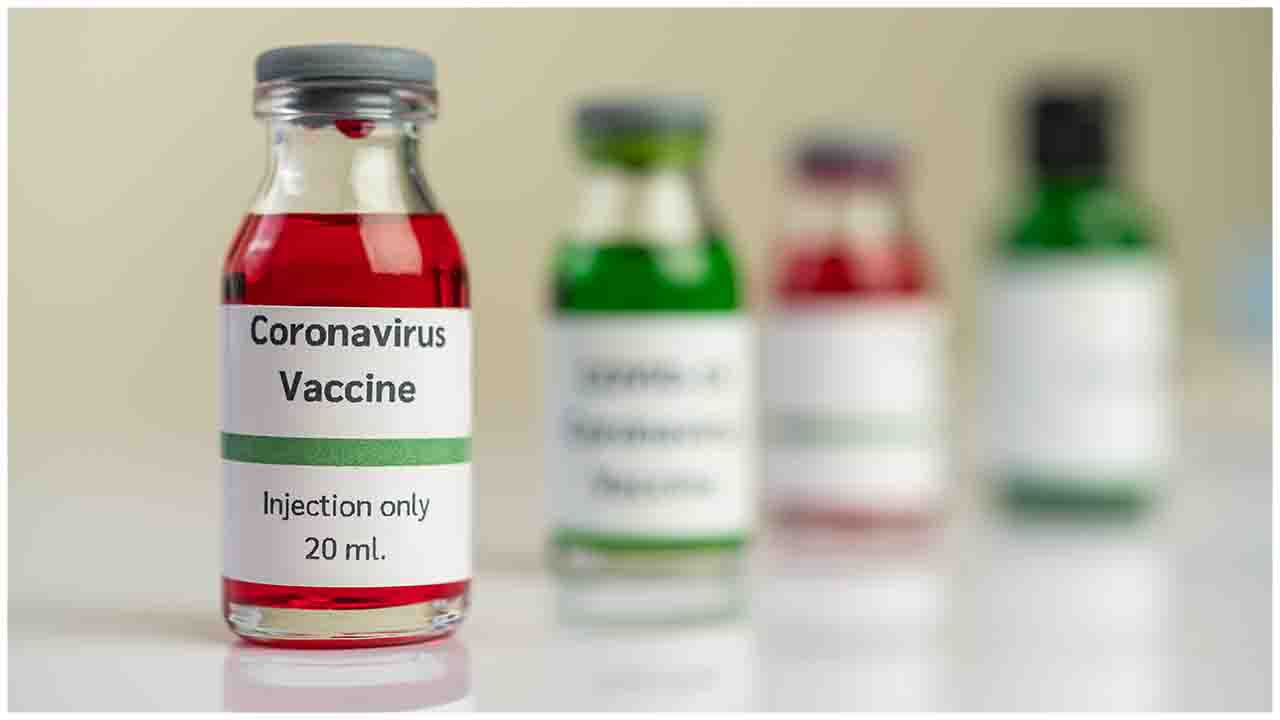
 The report said the data showed that the vaccine was "safe, well tolerated, and does not cause serious adverse events in healthy adult volunteers"
The report said the data showed that the vaccine was "safe, well tolerated, and does not cause serious adverse events in healthy adult volunteers"




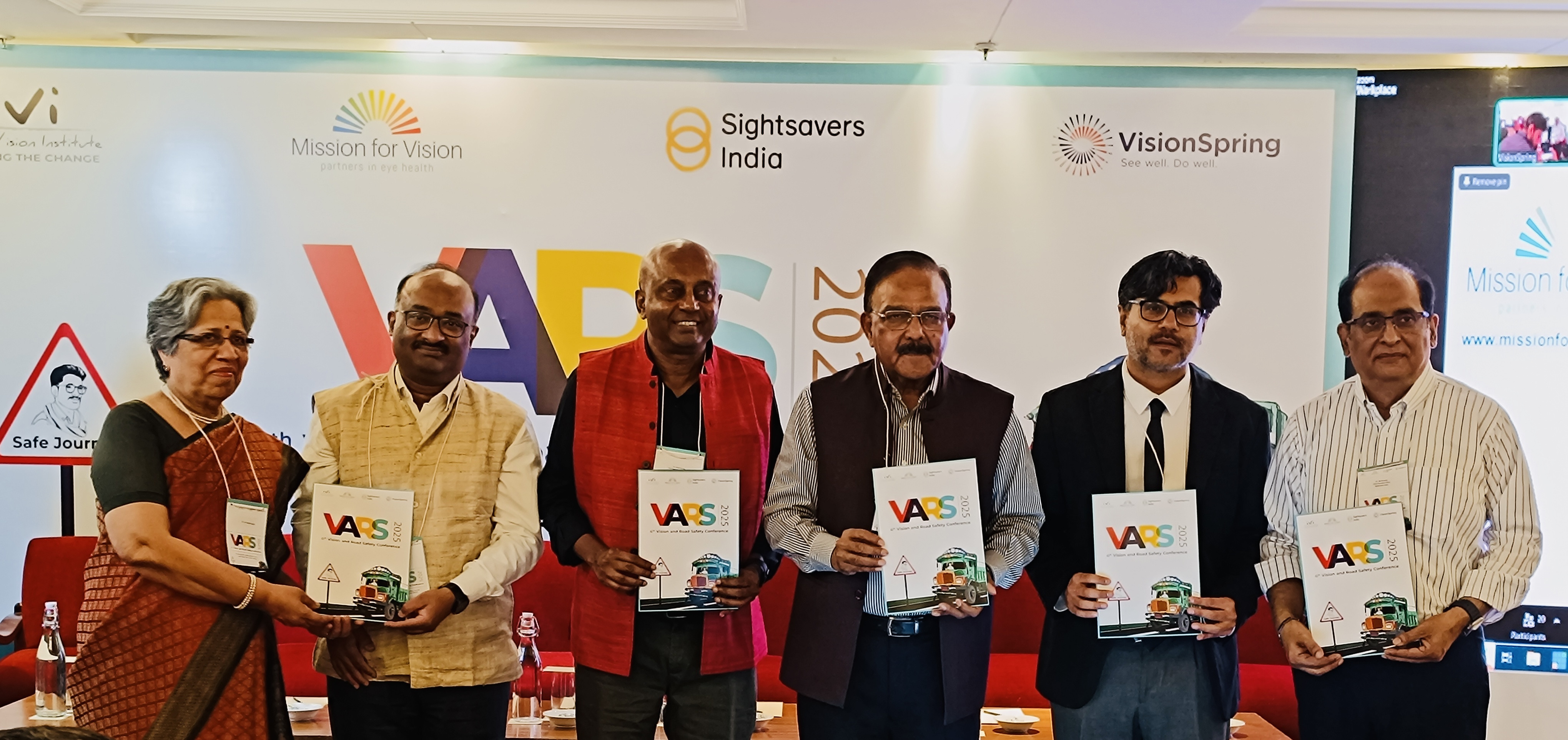
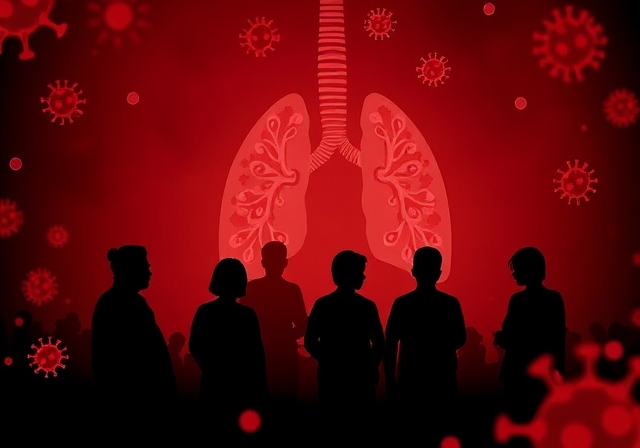


.png)
.jpg)
.png)

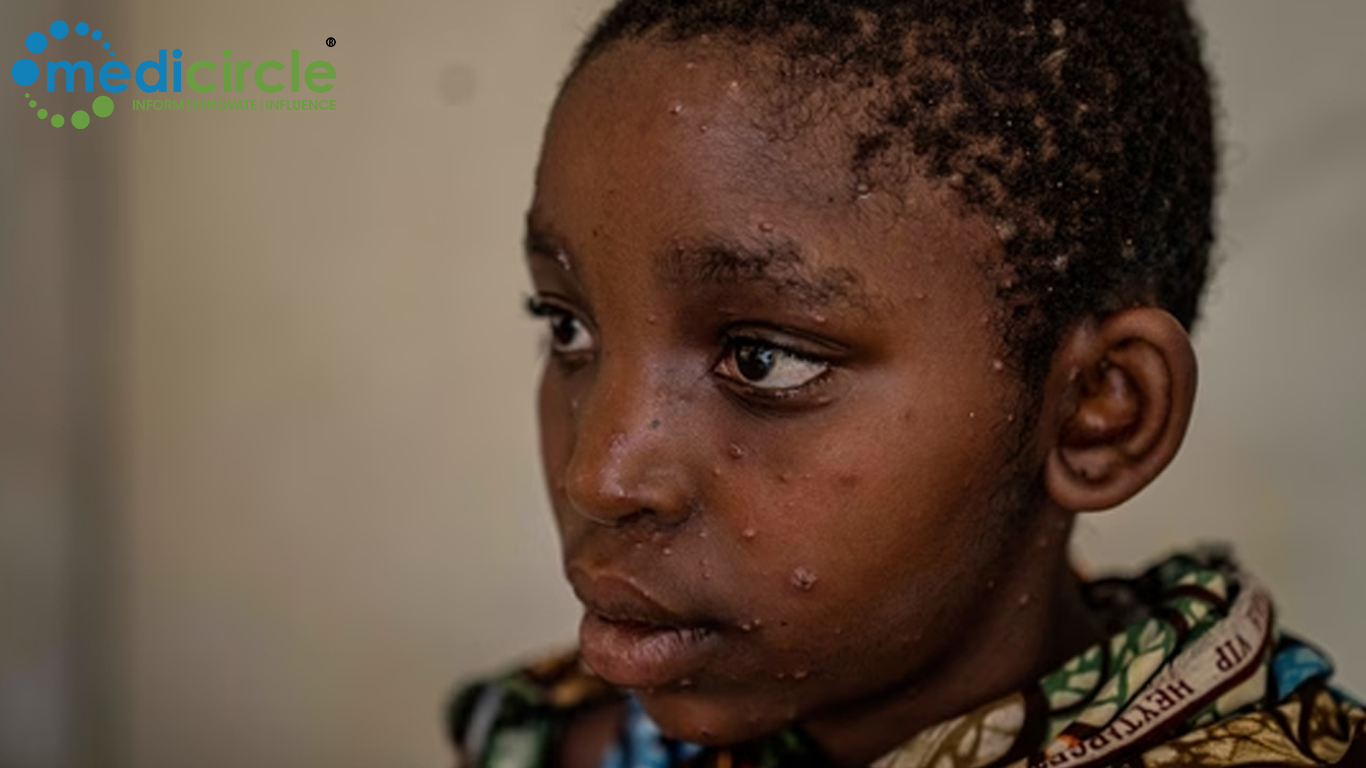
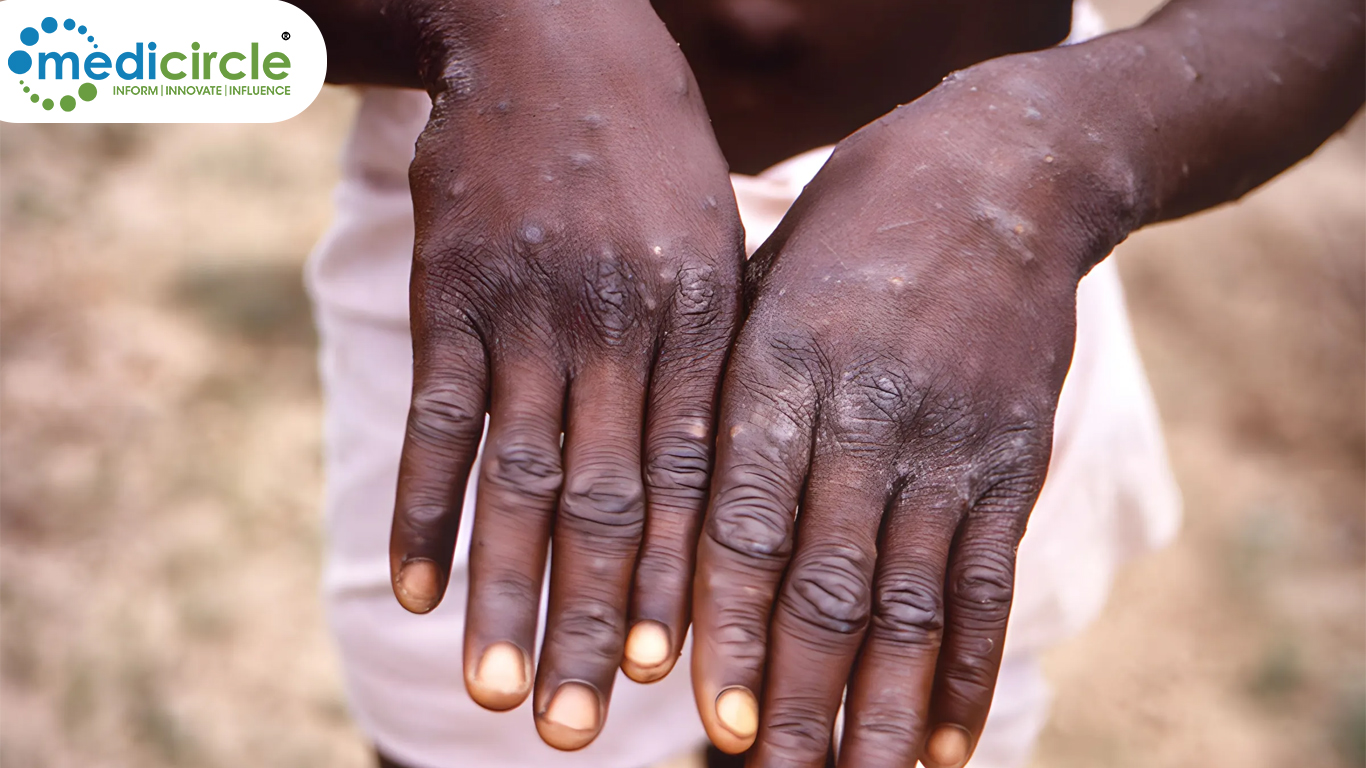





.jpeg)








.jpg)




.jpg)




